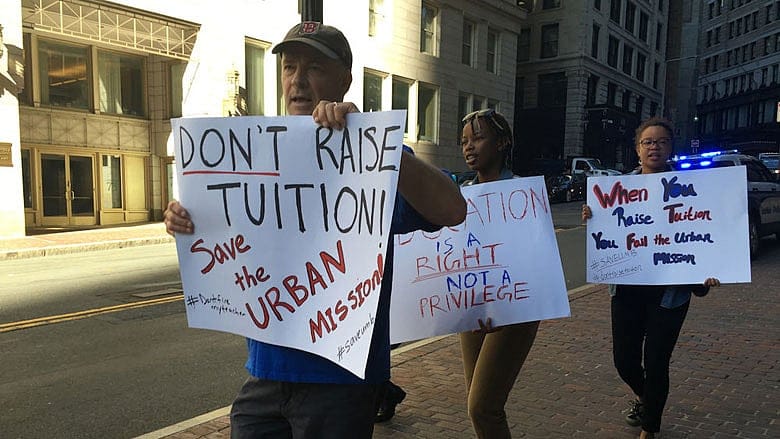UMass student costs tied up in outcome of state budget talks

BOSTON — As University of Massachusetts officials take an extra month to decide on student charges for the next school year, they plan to advocate for additional state funding.
The university system's Administration and Finance Committee on Wednesday agreed to defer a planned vote on tuition and fees until a July meeting, after UMass President Marty Meehan suggested the decision be put on hold until the state's fiscal 2017 budget is finalized. State budget writers face a July 1 deadline.

